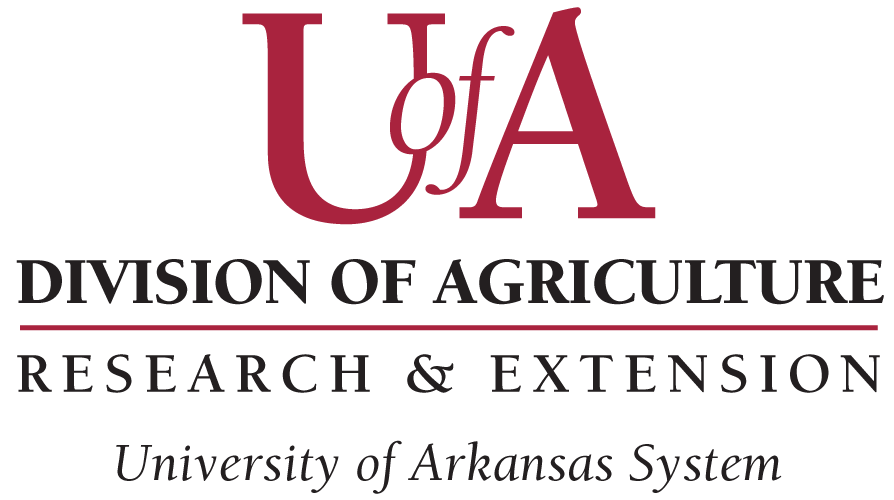Department of Biological & Agricultural Engineering
203 Engineering Hall
1 University of Arkansas
Fayetteville, AR 72701
Phone: (479) 575-2352
Fax: (479) 575-2846

Jobs
Job Postings for Graduates and Potential Graduates
Graduate Research and Teaching Assistantships
The Department of Biological and Agricultural Engineering at the University of Arkansas offers competitive graduate assistantships in several research areas in biological engineering. Additionally, the University of Arkansas has Distinguished Doctoral Fellowships and Doctoral Academy Fellowships available to qualified graduate students.
For more information, Click here.
Assistantships: 12-month and 9-month stipends are available in addition to tuition waiver.
Additional competitive doctoral fellowships are available with the following qualification requirements and fellowship supplements:
Distinguished Doctoral Fellowsshould have a master's GPA of 3.85 or B.S. GPA 3.65 or higher, a GRE verbal plus quantitative score at least 314, and a GRE writing score of 4.5 or above.
A $22,000 annual fellowship supplement, renewable for up to three years after the initial award year, for a maximum award of $88,000 over 4 years.
Doctoral Academy Fellows should have a master's GPA of 3.65 or B.S. GPA 3.5 or higher, a GRE verbal plus quantitative
score of at least 307 and a GRE writing score of 4.0 or higher.
A $12,000 annual fellowship supplement, renewable for up to three years after the initial award year, for a maximum award of $48,000 over 4 years.
RESEARCH AREAS:
- Air quality and energy efficiency in poultry production
- Animal waste and nutrient management
- Bio-catalysis technology
- Biofuels and biomass energy
- Bio-nanotechnology
- Biosensors for food safety, biosecurity, and health
- Ecological engineering
- Grain drying, storage, handling and preservation
- Irrigation management in agriculture and water quality
- Life-cycle analysis and sustainable metrics for agriculture
- Micro and nano-biotechnology, bio/abio interfacing and nucleic acid technology
- Modeling of biological processes and systems
- Sustainable water, energy and food systems
- Waste management for value-added products and bioenergy
- Watershed management and modeling
- Water quality monitoring and chemistry
- Evapotranspiration and greenhouse gas emissions from agricultural & natural landscapes
- Food safety and food engineering
TO APPLY: http://graduate-recruitment.uark.edu/funding-degree/fellowships.php
Graduate School application, transcripts of all college work, and three reference letters are required
CONTACT: Dr. Terry Howell, Jr., Professor and Head; Department of Biological and Agricultural Engineering
University of Arkansas, Fayetteville, AR 72701
E-mail: tahowell@uark.edu, Website: http://bio-ag-engineering.uark.edu/
Biological Engineering/Science PhD students wanted
I am recruiting a PhD and/or MS student to join the Landscape Flux Group within the Department of Biological and Agricultural Engineering at the University of Arkansas in Fayetteville, Arkansas. The research projects will be based in rice agricultural systems in Arkansas, where we are working with farmers to modify irrigation practices to reduce methane production while saving water. The projects use flux budgeting methods to understand the landscape’s ecological and hydrological functioning. This research will connect between site dynamics and climate drivers with the goal of creating simplified process representations used at the scale of the global climate model. Resources are available for travel, equipment and international collaboration. The projects are in collaboration with research scientists from the USDA-ARS office in Jonesboro, AR.
Students should have a background in one or more of the following disciplines: environmental or biological engineering, wetland ecology, biogeochemistry, biometeorology, watershed or surface-water hydrology, agricultural sciences or engineering. Some ability to code in Matlab or a related language is beneficial, as is experience in gas flux measurements using either chamber-based or eddy covariance methods. These positions will require (eventually) a valid US driver’s license.
My research group develops budgets of water, energy, and carbon in different wetland ecosystems. This research uses micrometeorological techniques to evaluate land-atmosphere fluxes of water vapor, carbon dioxide, methane and heat. For example, the eddy covariance technique is used to determine the turbulent flux within atmospheric boundary layers, whereas hydrological methods are used to estimate the horizontal fluxes of dissolved carbon in surface and subsurface waterways. Together these methods quantify major environmental fluxes that serve as inputs for process-based predictive modeling and landscape management. More information on my group is available on my website (http://sites.uark.edu/brrunkle/).
Additional information about graduate admission requirements, possible supplemental fellowships, and material about the department may be found here: http://bio-ag-engineering.uark.edu/Academic/Graduate_Program/index.php. A non-engineering pathway for a Ph.D. is possible through the U of A’s Environmental Dynamics program (http://environmental-dynamics.uark.edu/index.php). Information about the university and its land grant mission may be found here: http://arkansas.edu/about/index.php. Furthermore, the university offers competitive Doctoral Academy and Distinguished Doctoral Fellowships, which are significant awards over and above the departmental stipend. Details on these opportunities are available here: http://graduate-recruitment.uark.edu/funding-degree/fellowships.php.
The University of Arkansas is in the middle of a significant period of growth in both its student numbers and in raising its profile in research and innovation. There are significant opportunities here for collaborations on-campus in water, soil, nanotech, and other laboratories. Fayetteville, Arkansas is a beautiful and culturally vibrant college town amidst the Ozark Mountain Range, and it is regularly highly ranked on surveys of the Best Places to Live. There are plentiful outdoor recreational activities, good restaurants, and proximity to the world-class art collection of the Crystal Bridges Museum of American Art.
Please email me, Dr. Benjamin Runkle (brrunkle@uark.edu), with a CV, GRE scores, TOEFL if relevant, unofficial transcript, the names of two references, a sample of your scientific writing, and a description of your research interests. I am committed to EO/AA principles and a diverse workplace.